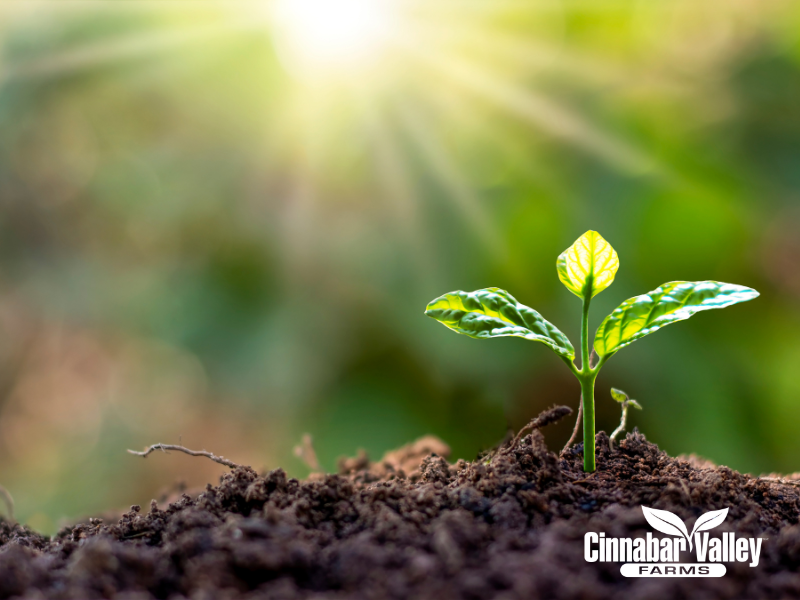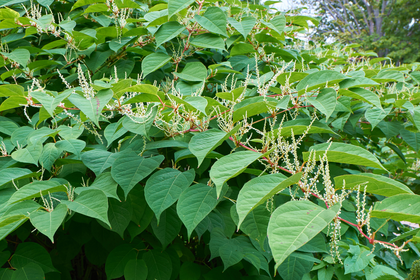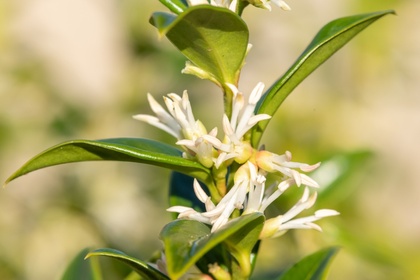
Dirt farming has a rich history in both the United States and Canada, dating back to the early 1900s. As industrialization and urbanization spread across North America, many people began to feel disconnected from the land and the food they ate. This led to a growing interest in home gardening and self-sufficiency.
During World War I and World War II, the government promoted Victory Gardens in both countries as a way to help support the war effort and reduce the strain on the food supply chain. Millions of Canadians and Americans planted gardens in their yards and on public land, producing an estimated 40% of the countries' vegetables during the war years. This surge in home gardening led to an increased demand for soil mixes and other gardening supplies, which helped to drive the growth of the dirt farming industry.
Today, the interest in home gardening and self-sufficiency continues to grow in Canada. According to a survey by the Canadian Garden Council, 51% of Canadian households participated in some form of food gardening in 2020, with 27% of those households starting a new garden in response to the COVID-19 pandemic. This surge in interest has led to increased demand for soil mixes and other gardening supplies, including organic-approved soil mixes produced by dirt farms.
For Canadian home gardeners, dirt farms are an essential resource for creating healthy, organic soil mixes. By using organic-approved soil, home gardeners can avoid harmful chemicals and ensure that their vegetables are grown in an environmentally sustainable way. Dirt farmers play a critical role in this process by sourcing high-quality inputs such as chicken and cattle manure, ground bark, and other organic materials.
In addition to their importance for home gardeners, dirt farmers also make important contributions to the larger agricultural system in Canada. By creating organic-approved compost from animal manures and other organic materials, they help to reduce waste and create valuable resources that can be used to improve soil health. According to Agriculture and Agri-Food Canada, the use of compost can lead to improved soil structure, water-holding capacity, and nutrient retention, as well as increased crop yields.
In conclusion, dirt farming has a long and storied history in both the United States and Canada. Today, it continues to play a vital role in supporting the growing interest in home gardening and self-sufficiency, as well as contributing to a more sustainable and environmentally friendly agricultural system. By providing access to organic-approved soil mixes and creating valuable compost from organic materials, dirt farmers help to promote healthy and thriving gardens and farms across North America.



